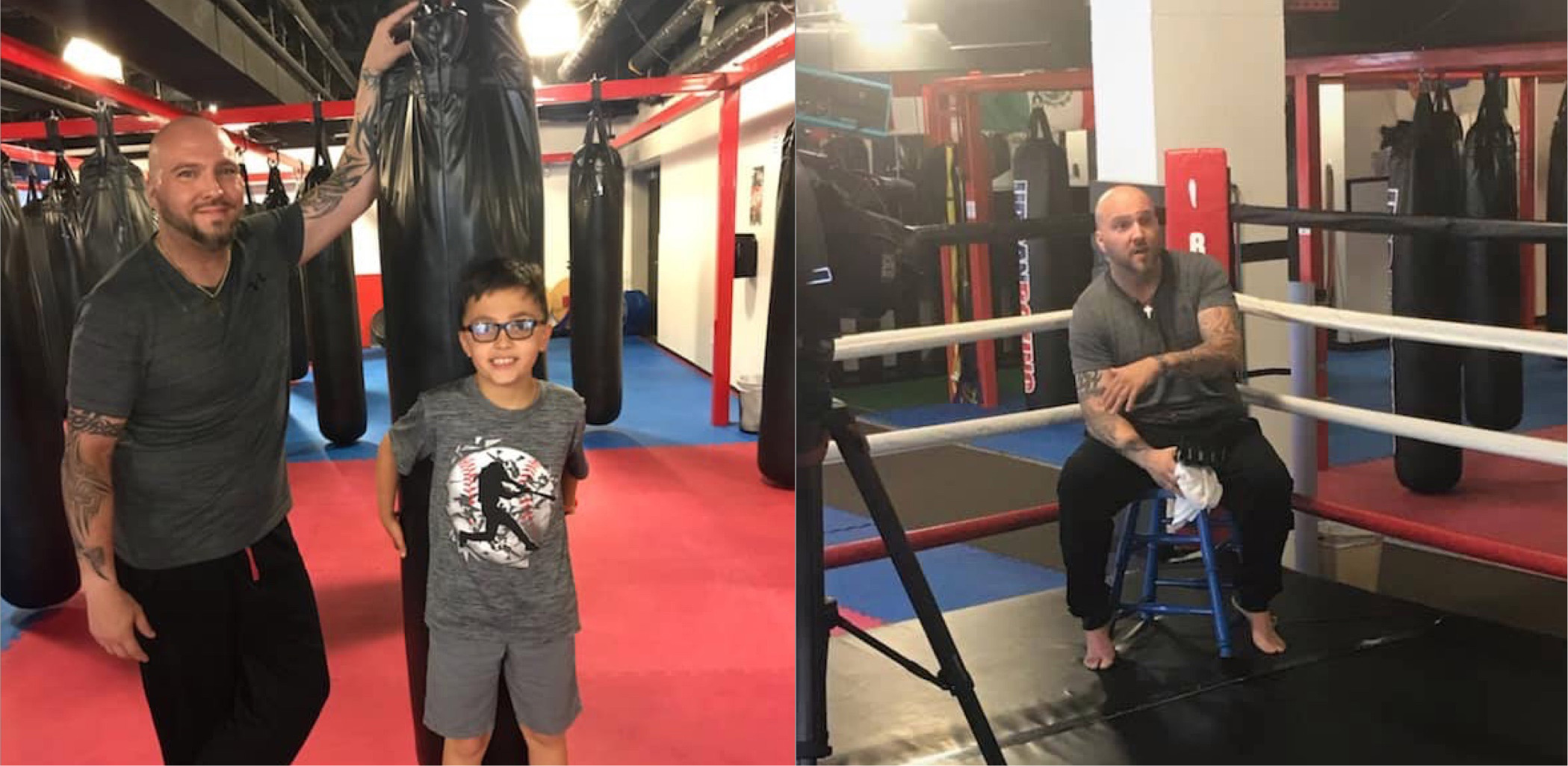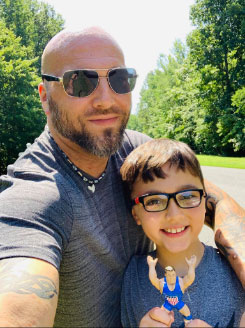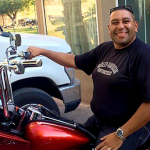A Ringside Seat
Kickin’ It with MMA Fighter and NxStage User Matt Kelly
On any given evening, Matt Kelly typically makes his way to the gym, the jogging trail, or the boxing ring to give his body a boost and/or a beating. At 38, and in what he considers “the best shape of his life,” he has a number of reasons for subjecting himself to a strict and grueling fitness regimen. For one, it keeps him healthy – physically, mentally, even spiritually. Secondly, Matt conditions his mind and muscles for something that very few can claim to do – competitive Mixed Martial Arts (MMA).
But there’s something else about Matt that sets him apart. Something that most who meet him would never guess, not even those who face him in the ring. Matt has chronic kidney disease (CKD) and has been on dialysis since 2016. That’s when a physical revealed his kidneys had failed due to extremely high blood pressure, which had gone untreated for several years.
Unlike many dialysis patients, Matt had been able to keep his body in peak physical condition even while his kidneys were failing. But like all dialysis patients, since learning of his CKD, he’s had to make difficult choices regarding his health and lifestyle. One of those sacrifices was giving up on his dream of firefighting.
Regardless of the impacts, Matt strives to make dialysis part of his life, but not allow it to control his existence. “I want to prove to folks young and old battling with kidney disease that you can still live a successful life and continue to fight for your health and not let this bring you down.”
Matt does more frequent hemodialysis with NxStage System One, which he describes as “very simple and easy.” He has the full support of his father, who is also his care partner, and 8-year-old son Ethan Torres-Kelly, who is also his biggest fan.
Risks and Responsibilities
The reported benefits of home hemodialysis may not be experienced by all patients.
Despite the health benefits that home and more frequent hemodialysis may provide to those with chronic kidney disease, these forms of therapy are not for everyone. Please review this information carefully and discuss it with your doctor as you evaluate your therapy options.
Personal and Partner Responsibility
If you choose to do more frequent home hemodialysis, you will be responsible for complying with your dialysis prescription, which may require treatments up to six days per week.
Treatment Environment
You must ensure that you have a clean and safe environment for your treatments. You also need to set aside space in your home for the needed supplies.
Risks Associated with All Forms of Hemodialysis
All forms of hemodialysis involve some risks. These may include high blood pressure, fluid overload, low blood pressure, heart-related issues, vascular access complications, cramps, backache, headache, dizziness, nausea, an “off” taste in the mouth, fatigue, fever, chills, joint pain, itching, seizures or sinusitis.
All hemodialysis therapies also involve the use of medical devices that introduce the potential for additional risks including air entering the bloodstream, damage of red blood cells, inflammatory reactions, blood chemistry imbalances, blood loss due to clotting of the blood tubing set or accidental blood line disconnection or other leak, allergic reactions, and excess warming or cooling of the dialysate. In addition, dialysis patients may have other underlying diseases that may, in some cases, make it more difficult for them to manage their hemodialysis treatments.
Risks associated with More Frequent Home Hemodialysis
Studies suggest that patients performing more frequent home hemodialysis may experience slightly fewer complications associated with their treatments and may experience improved clinical outcomes. However, there are certain risks unique to treatment in the home environment. Treatments at home are done without the presence of medical personnel and on-site technical support. Patients (and their care partners, if required), must both be trained on what to do and how to get medical or technical help if needed. When vascular access is exposed to more frequent use, infection of the site, and other access related complications may also be potential risks.



 How does dialysis affect your life?
How does dialysis affect your life? What does your typical workout/training include?
What does your typical workout/training include?


